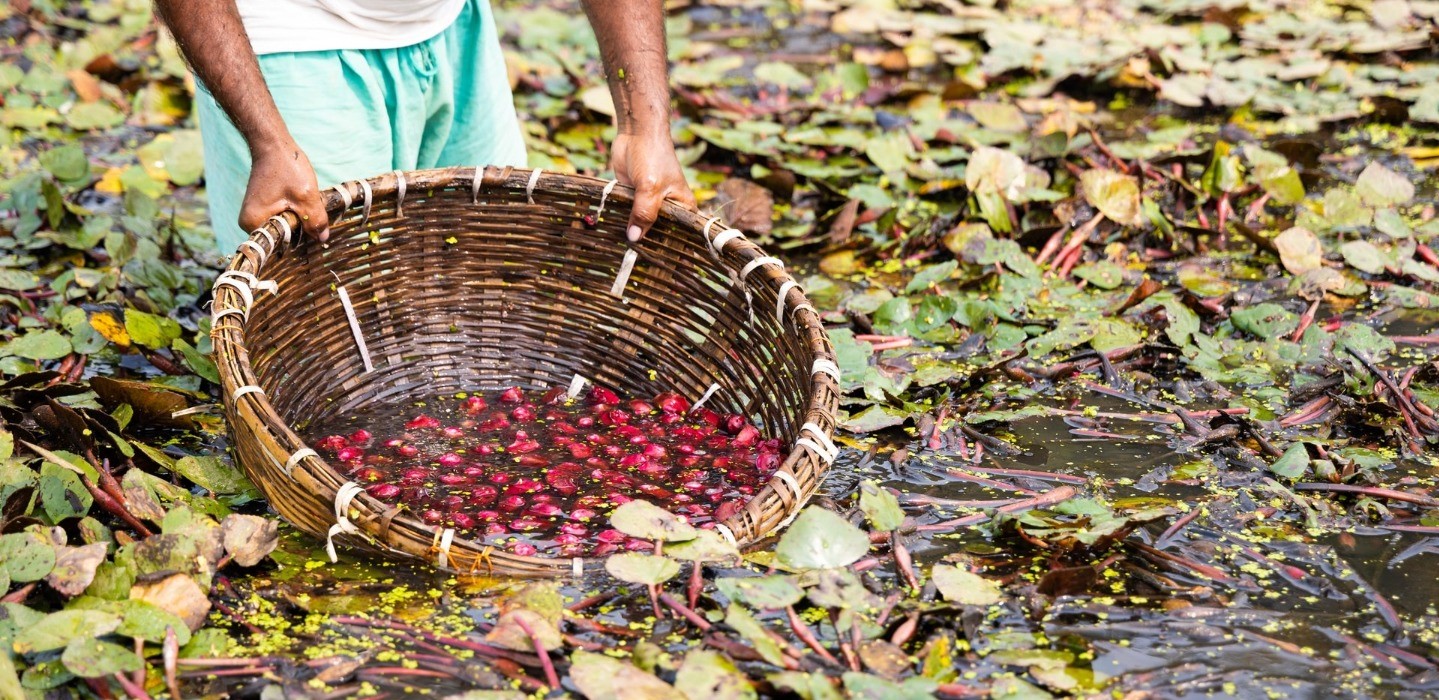What we’re reading for World Water Week
IFAD Asset Request Portlet
Asset Publisher
What we’re reading for World Water Week
Estimated reading time: 3 minutes
Impact of climate-change on water resources
The articles presented in this book highlight the impact of climate change on water resources in different regions of the world and at different scales; from the catchment to the region and to the global scale. The reader will be informed on the way that changes in temperature and rainfall impact a wide range of hydrological processes including drought, streamflow, and irrigation water availability or even salinization. The aim of the eight papers selected in this volume is to present a comprehensive picture of climate change impacts on water resources in case studies that are governed by different climatic characteristics.
This open access textbook provides a concise introduction to economic approaches and mathematical methods for the study of water allocation and distribution problems. Written in an accessible and straightforward style, it discusses and analyzes central issues in integrated water resource management, water tariffs, water markets, and transboundary water management. By illustrating the interplay between the hydrological cycle and the rules and institutions that govern today’s water allocation policies, the authors develop a modern perspective on water management.
This book deals with water resources and their management. It provides information on all aspects related to water resources, including the need for conservation, water management strategies in different parts of the world, the impact of climate change on water management, pollution of water resources and treatment, and so forth. The book will motivate readers and scientists alike to look further and make concerted efforts towards promoting the preservation and conservation of water resources.
Handbook for realizing the human rights to water and sanitation
This handbook was created by the United Nations Special Rapporteur on the human right to safe drinking water and sanitation with many different stakeholders, including State institutions, international organizations and academic bodies. First launched in 2014, it is designed to provide States, United Nations agencies, service providers, regulators, and civil society organizations with concrete and comprehensive guidance and to clarify what the implications of these human rights are for their work and activities.
DESCRIPTION
https://www.unwater.org/handbook-on-the-human-rights-to-water-and-sanitation/
Summary progress update 2021: SDG 6 — water and sanitation for all
The monitoring of progress towards SDG 6 is a means to successfully achieving all eight SDG 6 targets. Credible and timely water and sanitation data provide numerous social, economic, and environmental benefits in both public and private sectors, such as stronger political accountability and commitment, as well as public and private investments. The main beneficiaries of better data are countries. This report is based on country data, compiled and verified by United Nations organizations, and sometimes complemented by information from other sources.
Tackling the trickle: ensuring sustainable water management in the Arab region
This review article argues that the narrative of water scarcity and supply‐side technological fixes masks more systemic issues that threaten sustainable water management, including under‐performing water utilities, protracted armed conflict and displacement, agricultural policies aimed at self‐sufficiency, evolving food consumption behaviours, the future of energy markets, and educational policy. Water management challenges, particularly on the demand side, and responses in the Arab region cannot be understood in isolation from these broader regional and international political and socio‐economic trends.
Innovation issues in water, agriculture and food
The main challenge faced by agriculture is to produce enough food for a continued increase in population, however in the context of ever-growing competition for water and land, climate change, droughts and anthropic water scarcity, and less-participatory water governance. This special issue discusses recent achievements in water, agriculture, and food nexus at different scales, to promote sustainable development of irrigated agriculture and to develop integrated approaches to water and food.
The State of Food and Agriculture 2020: Overcoming water challenges in agriculture
This report presents estimates on the pervasiveness of water scarcity in irrigated agriculture and of water shortages in rainfed agriculture, as well as on the number of people affected. It finds major differences across countries, and also substantial spatial variation within countries. This evidence informs a discussion of how countries may determine appropriate policies and interventions, depending on the nature and magnitude of the problem, but also on other factors such as the type of agricultural production system and countries’ level of development and their political structures.
Publication date: 26 August 2021